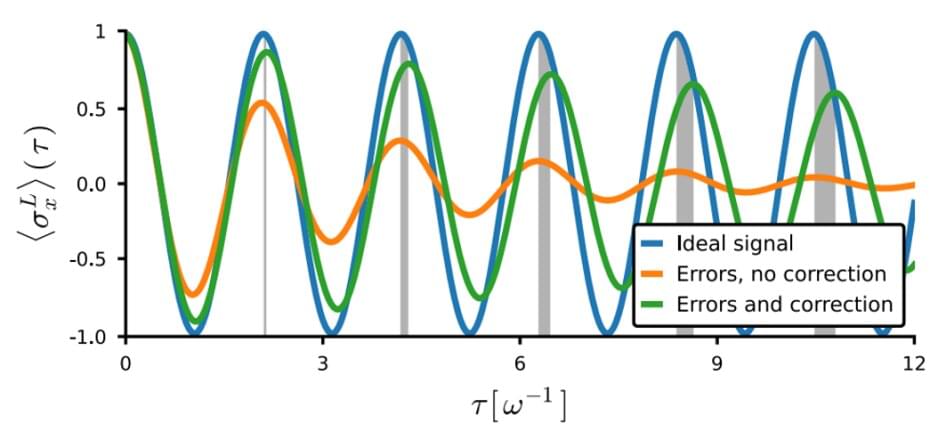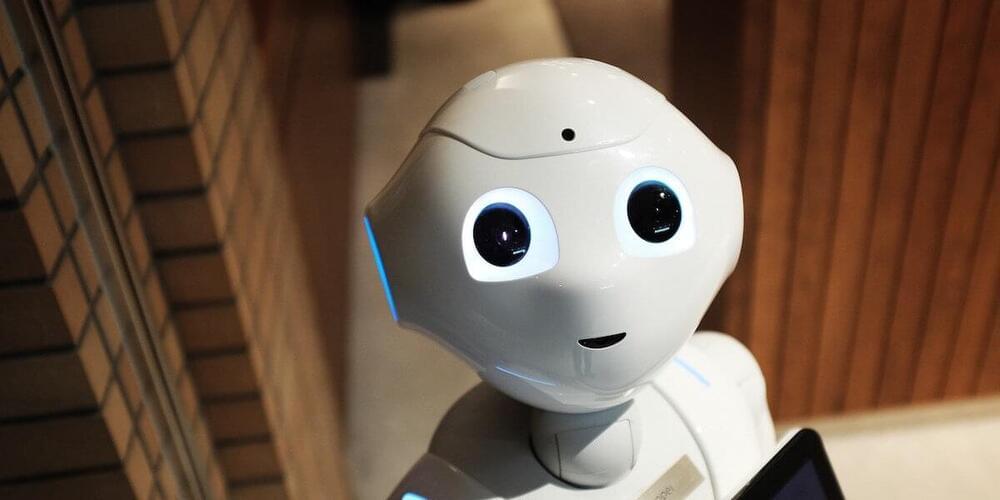Oxford spinoff First Light Fusion says its novel “projectile” approach offers “the fastest, simplest and cheapest route to commercial fusion power.” The company is now celebrating a significant breakthrough with its first confirmed fusion reaction.
The nuclear fusion space is heating up, if you’ll pardon the pun, as the world orients itself toward a clean energy future. Where current nuclear power plants release energy by splitting atoms in fission reactions, fusion reactors will release energy in the same way the Sun does – by smashing atoms together so hard and so fast that they fuse into higher elements.
Most of the big tokamak and stellarator-based fusion projects in progress now intend to create monstrously high temperatures, higher than in the core of the Sun, in magnetically confined plasma, hoping to get those atoms moving fast enough to overcome the powerful repulsion between two nuclei.







